UN court to rule in bombshell Iran-US sanctions case
Wednesday's ruling is in fact a decision on so-called provisional measures ahead of a final decision on the matter
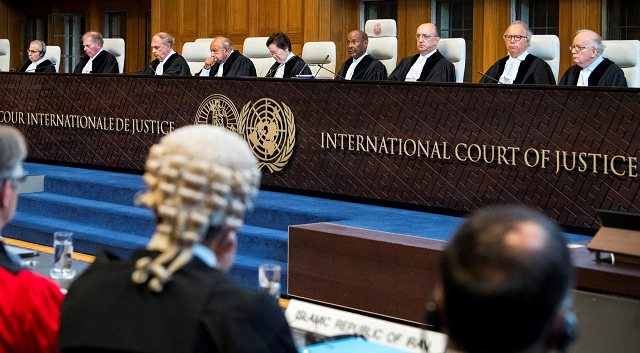
Wednesday's ruling is in fact a decision on so-called provisional measures ahead of a final decision on the matter .
PHOTO: REUTERS
The International Court of Justice in The Hague will hand down its decision in a landmark case which threatens to plunge relations between Washington and Tehran to a new low.
Tehran dragged Washington to the ICJ in July, seeking an emergency suspension of the economic sanctions on the grounds that they breached a 1955 "friendship treaty" with the US that predates Iran's Islamic Revolution.
Trump slapped a first round of sanctions on Iran in August after pulling out in May of a historic deal aimed at curbing Tehran's nuclear ambitions, to the dismay of his European allies. A second round of punitive measures is due in November.
UN court has no jurisdiction in Iran sanctions case: US
Iranian Foreign Minister Mohammad Javad Zarif said the sanctions were a form of "psychological warfare" aimed at regime change.
"The economic warfare that the United States and some of its regional clients are conducting against Iran is psychological warfare more than real economic warfare," Zarif told BBC radio.
During four days of hearings in late August, Iran's lawyers accused Washington of 'strangling' its economy.
Washington however forcefully told the court -- which rules on disputes between United Nations member states -- that it has no jurisdiction to rule on this case as it concerns a matter of national security.
Rulings by the ICJ are binding and cannot be appealed, but it has no way to enforce its decisions.
Qatar 'must stop support for terror', top UN court told
Wednesday's ruling is in fact a decision on so-called provisional measures ahead of a final decision on the matter, which may take several more years, experts said.
Richard Nephew, a former lead US sanctions expert during Iran deal negotiations, said the case was likely to have more of a symbolic than actual impact.
"The Iranian foreign ministry knows it needs to play to its audience which is the international community, portray itself as the aggrieved party," Nephew told the BBC.
He said he was "not convinced" that Trump would obey any ruling from an institution that he "doesn't respect at all" but said that "in terms of playing to the international court of public opinion it's a pretty important step."
Four questions on Iran's legal challenge to US sanctions
Trump's America First policy largely rejects overarching international organisations, and he recently heavily criticised the separate International Criminal Court in The Hague over a probe into alleged US abuses in Afghanistan.
The 2015 nuclear deal saw Iran agree to limit its nuclear programme and let in international inspectors in return for an end to years of sanctions by the West.
But Trump pulled out of the deal in May, arguing that funds from the lifting of sanctions under the pact had been used to support terrorism and build nuclear-capable missiles.
European allies have pledged to keep the deal alive, with plans for a mechanism to let firms skirt the US sanctions as they do business with Iran.
Despite that, France alleged on Tuesday that the Iranian intelligence ministry was behind a foiled plot to bomb an exiled opposition group near Paris.
US-Iran relations have meanwhile plunged to a new low since Trump's election in 2016, even as the US president reaches out to North Korean leader Kim Jong Un over his nuclear programme.
Trump and Iranian President Hassan Rouhani faced off at the UN in September, with Rouhani denouncing leaders with "xenophobic tendencies resembling a Nazi disposition".
Despite their 1955 Treaty of Amity and Economic Relations, Iran and the United States have not had diplomatic ties since 1980.
The case is the second brought by Tehran against Washington since 2016. That year it brought a suit at the ICJ against the freezing of around $2 billion of Iranian assets abroad which US courts say should go to American victims of terror attacks.
Hearings in that case are due to start next week.

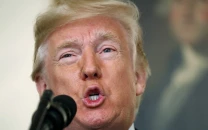
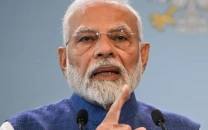
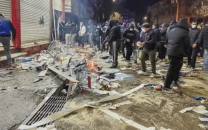
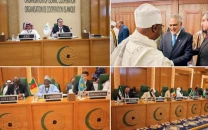
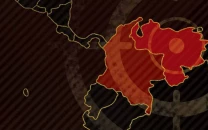
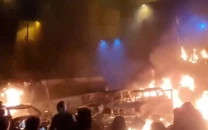












COMMENTS
Comments are moderated and generally will be posted if they are on-topic and not abusive.
For more information, please see our Comments FAQ